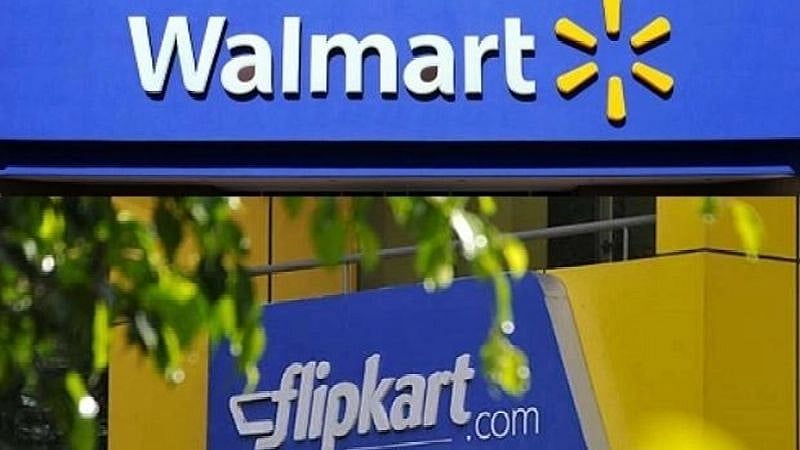For Indians used to picking spices from the local kirana store looking for the right colour and aroma, packaged spices offer a quicker and seamless way to verify quality. But the branded spices led by household names such as Everest and MDH, only make up 40 per cent of the Rs 80,000 crore market. Dabur wants a taste of the branded spice market, which is set to double in size by 2025, and has added Badshah Masala to its mix.
Investing in a local icon
The FMCG colossus has bagged a 51 per cent stake in the iconic spice brand, which is remembered for its catchy jingles alongside rival MDH. Dabur is paying more than Rs 587 crore for a majority share in the company currently valued at Rs 1,152 crore, compared to MDH’s valuation of Rs 5,000 to Rs 10,000 crore. With this it has taken a pinch of the Rs 30,000 crore branded spice sector, which is expected to grow at a 15 per cent rate.
The real made in India success stories
Badshah Masala was founded more than six decades back by Jawaharlal Jhaveri, who sold spices on a cycle. Today the made-in-India brand makes Rs 154 crore turnover, and its spices are now reaching kitchens in 20 countries through 450 distributors. The founder would recycle tin cans used for selling cigarettes, and sell tea as well as garam masala in them, before expanding the portfolio to include concoctions for pav bhaji as well.
Dabur itself carries its own made-in-India legacy of more than a century, and is credited for taking Ayurveda to the masses and abroad. The major player’s backing for Badshah may help it compete to acquire market share from the likes of Everest.
A marketing marvel riding on nostalgia
Apart from providing every product essential for Indian kitchens, Badshah is also known as marketing success, since its 50-year-old jingle made it a household name in the 90s.
(To receive our E-paper on whatsapp daily, please click here. To receive it on Telegram, please click here. We permit sharing of the paper's PDF on WhatsApp and other social media platforms.)




